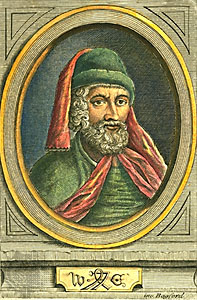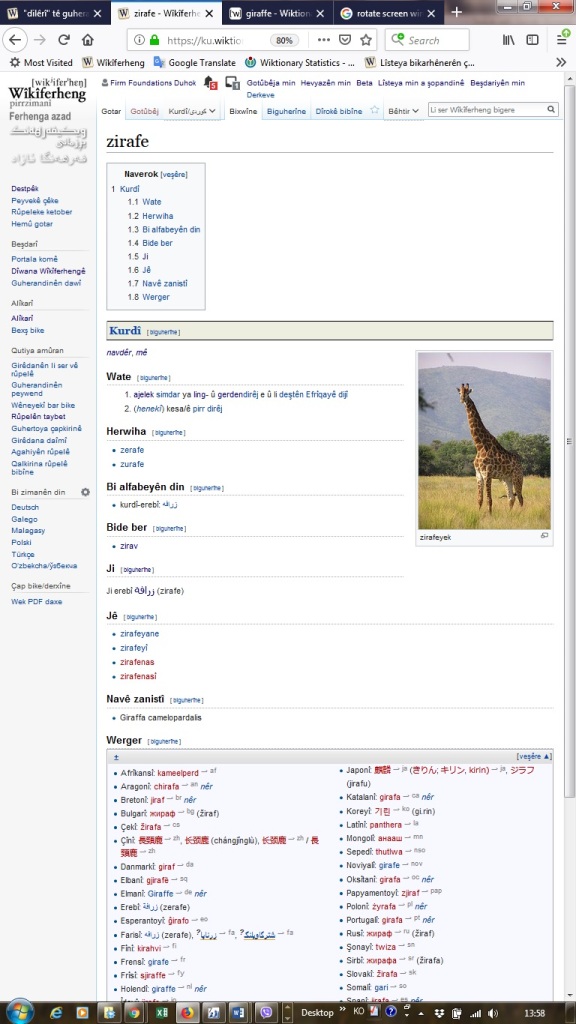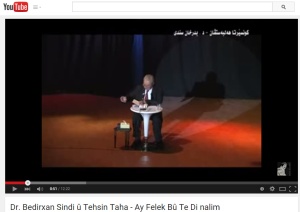This week I have won two small but significant victories for cyclists in Duhok.
Firstly, this gate between Avro City and the Tenahi shops told me bikes were not allowed through the gate. I gently challenged this, and although I was not successful at first, later my appeal reached a manager at Mando Security and he told me that cyclists would be allowed through. He knew me from social media and said that it would be allowed ‘for me and my friends.’
Secondly, I went to the main gate of the University of Duhok and asked for permission to ride through to Avro City, on the basis that it is dangerous to ride along the highway amongst fast-moving cars and into the Avro City front gate. The manager at that front gate said I could tell the other security officials that I was allowed through.
Sadly, the rule of law still does not prevail in ways that it does in many Western countries. It is a lot to do with wasta, or Vitamin Waw as people call it. ‘It’s not what you know, it’s who you know’. Since I have accrued a certain amount of Vitamin Waw after living here on and off since 2010, I’m happy to use any influence I have to help others stand up for their rights. I sometimes tell security guards: “Look I don’t want you to have to phone my wife and say ‘Sorry your husband got squashed by a 2-tonne truck because I wouldn’t let him cycle safely through the quiet roads of the university'”.
I would like to see more progress establishing a system whereby responsible cyclists can take the short cut through UoD – it is a great way for the huge population who live in Avro to get through to Masike and on the city centre. Likewise, it is a key route for people who want to cycle from central Duhok to Avro and Secondly, I went to the main gate of the University of Duhok and asked for permission to ride through to Avro City, on the basis that it is dangerous to ride along the highway amongst fast-moving cars and into the Avro City front gate. The manager at that front gate said I could tell the other security officials that I was allowed through. I would like to see more progress establishing a system whereby responsible cyclists can take the short cut through UoD – it is a great way for the huge population who live in Avro to get through to Masike and on the city centre. Likewise, it is a key route for people who want to cycle from central Duhok to Avro, four universities, Family Mall and Tenahi neighbourhood as well as four universities and Family Mall.
Another way to make our point is to mention my friend Dr Azad, a widely respected lecturer in the Physical Education Dept at UoD. He has done a lot to promote cycling. So there are people within the university who are very in favour of cycling.
It’s worth considering why there are these rules and it is surely partly because bikes are largely used by kids just messing about. Avro City Security don’t want neighbourhood kids goofing around on their bikes at a classy apartment complex like this. And to a point, this is a valid concern. But if we wear cycle helmets and have lights and high vis clothing at night we show that we are using the roads considerately.
There are various reasons why I promote cycling and try to challenge the laws and customs which stand in the way of bikes being more widely used in Kurdistan.
- Christians are commanded to defend the poor, and the poor will be greatly helped if they can get around town without shelling out large sums for taxis each month.
- Cycling is good exercise. Christians care for people’s bodies, not just their souls.
- Guzzling petrol when it is sometimes quicker to go by bike is poor stewardship of the resources God has given us. Better stewardship of wealth is a critical issue for the wellbeing of Kurdistan.
- Though sometimes people go over the top on this, it is good to reduce air pollution.
- Riding by bike rather than in an expensive car signposts Jesus Christ, who chose a donkey as his mode of transport into Jerusalem, not a war horse.
As an endnote, I think we all have seen good things in our passport countries that we are proud of, and it’s good if we can judiciously and humbly share those insights in the countries we serve in as guests. I’ve lived for many years in Oxford, UK, and have recently seen huge changes to the infrastructure of the city to enable a large proportion of the city get around by bike. Hence my optimism that things can change in Duhok!





